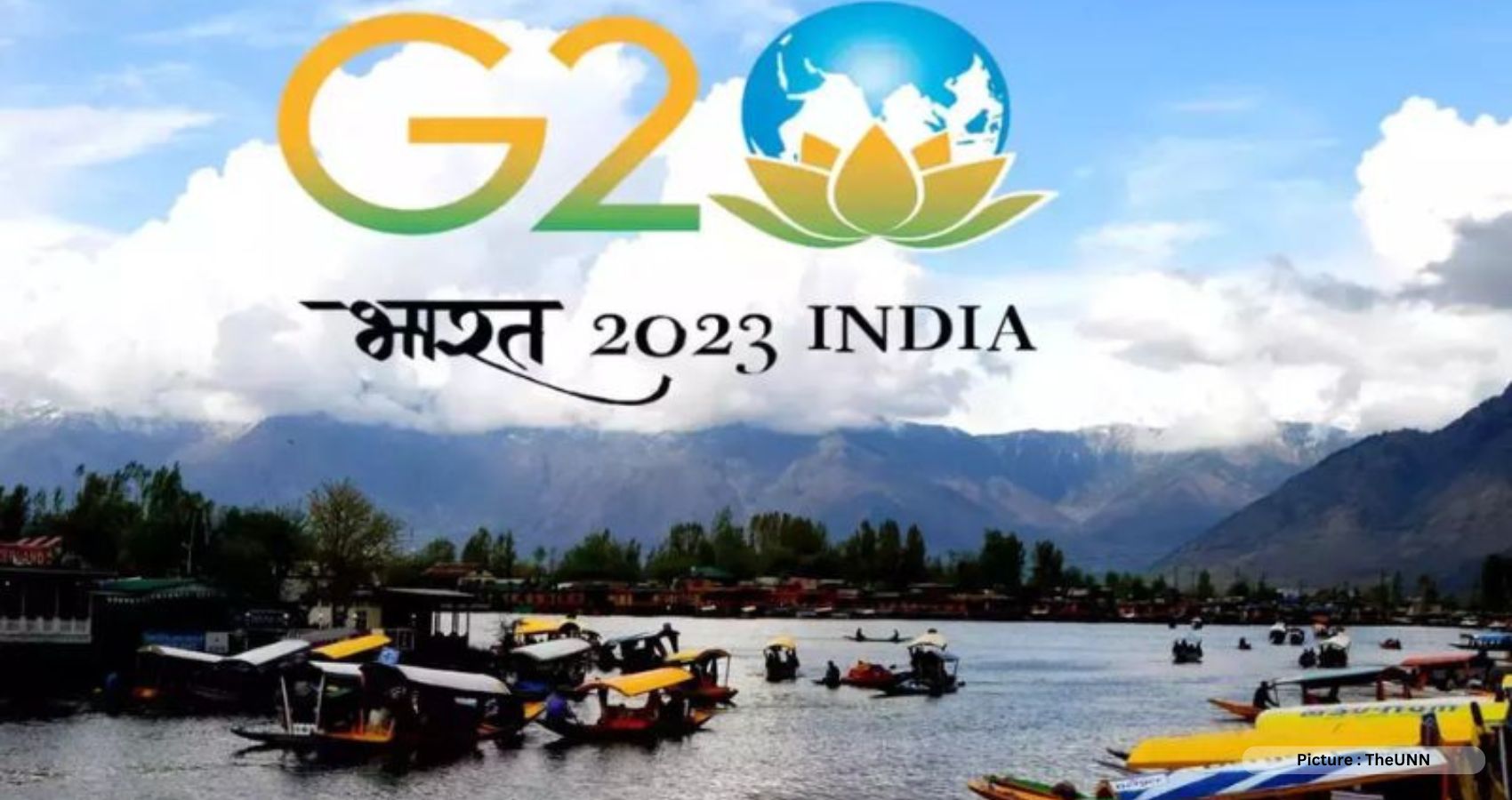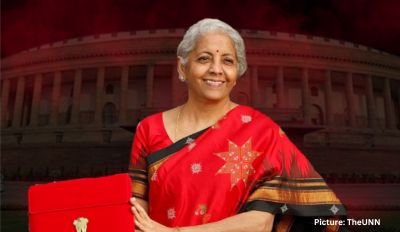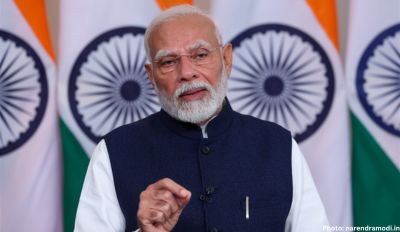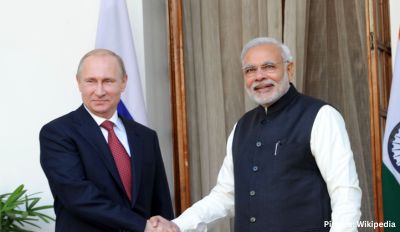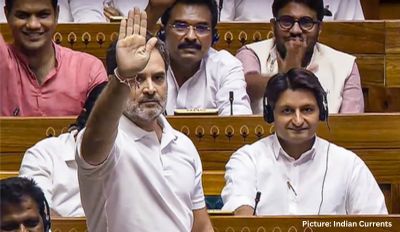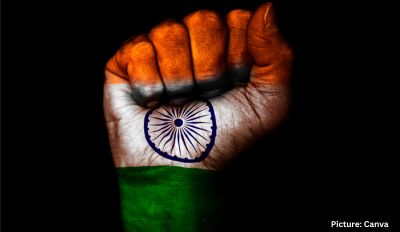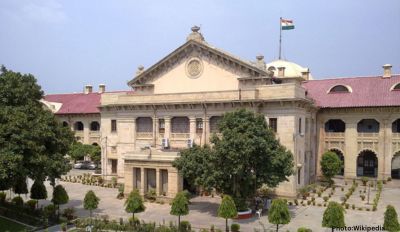India has defended its decision to host a Group of 20 (G20) meeting in Jammu and Kashmir, despite criticism from human rights groups and expected boycotts from some countries. Srinagar, the summer capital of Jammu and Kashmir, is scheduled to host a tourism meeting for G20 members, which the Indian government has marketed as an opportunity to showcase the region’s culture. It is the first international event of this scale to be held in the disputed, Muslim-majority region since India revoked its special status and split the former state into two federal territories in 2019.
China has said that it will not attend the meeting, citing its opposition to “holding any kind of G20 meetings in disputed territory “, according to Foreign Ministry spokesperson Wang Wenbin. Ladakh, which was previously part of the state, was separated and turned into another standalone territory. Ladakh is a disputed region along the Line of Actual Control, a de-facto border between India and China. Both countries claim parts of it.
Tensions along the de factor border have been simmering for more than 60 years and have spilled over into war before. In 1962 a month-long conflict ended in a Chinese victory and India losing thousands of square miles of territory. Other countries, including Saudi Arabia, Egypt, and Turkey, were also expected to boycott the event.
Kashmir is one of the world’s most dangerous flashpoints. Claimed in its entirety by both India and Pakistan, the mountainous region has been the epicenter of more than 70 years of an often-violent territorial struggle between the two nuclear-armed neighbors. A de facto border called the Line of Control divides it between New Delhi and Islamabad.
In April, Pakistan criticized India’s decision to hold the tourism meeting in Kashmir, calling it an “irresponsible” move. Last week, the United Nations Special Rapporteur on Minority Issues, Fernand de Varennes, said the Indian government was “seeking to normalize what some have described as a military operation by instrumentalizing a G20 meeting” in a region where fears of human rights violations and violence are rife.
India has been keen to position itself as a leader of emerging and developing nations since it assumed the G20 presidency. India, the world’s largest democracy with a population of more than 1.4 billion, has been pushing its international credentials, portraying Prime Minister Narendra Modi as a key player in the global order.
India’s tourism secretary, Arvind Singh, said the G20 meeting will not only “showcase (Kashmir’s) potential for tourism” but also “signal globally the restoration of stability and normalcy in the region.” India said the move to revoke Kashmir’s semi-autonomy was to ensure that the nation’s laws were equal for all citizens and to increase economic development in the region. India also alleged that separatist and terrorist groups were aided and abetted by Pakistan, and the move was to put an end to that.
However, rights groups and Pakistan claim that the Indian government’s unilateral move has resulted in human rights violations, including torture, extrajudicial killings, and restrictions on freedom of expression and assembly. The region has been under a military lockdown since August 2019, with mobile internet services shut down for most of that period.
In a statement on Twitter, India’s permanent mission to Geneva rejected de Varennes’s criticism, calling the allegations “baseless and unwarranted.” Earlier this month, India said the G20 meeting in Srinagar “aims to strengthen economic growth, preserve cultural heritage, and promote sustainable development of the region.”
The Indian government’s decision to hold a major international event in Kashmir has raised concerns, especially as the region remains under military lockdown, with a significant military presence. Some countries are boycotting the event, citing the disputed nature of the region. Despite criticism, India maintains that the move is aimed at promoting tourism and economic growth in the region while also signalling the restoration of stability and normalcy. The world will be watching, waiting to see if India can successfully promote tourism and economic development while dealing with the challenges presented by the conflict in the region.

